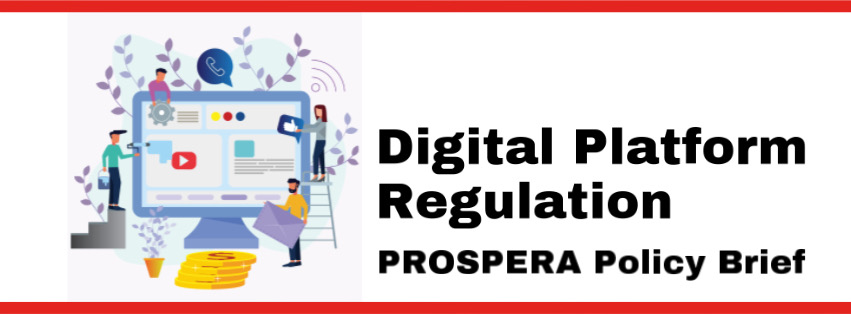KPPU Stressed that the Amendment of Competition Law will not Hamper the Businesses.
KPPU guaranteed the draft competition law will not hamper or damage business activities. In contrary, the strengthening of KPPU will provide legal certainty, improve investment climate, and crete economic efficiency and national productivity in Indonesia. Hence, the strengthening of KPPU in the draft changes of Law No. 5/1999 concerning the Prohibited Monopolistic Practices and Unfair Competition is a way by KPPU to support high national economic growth in Indonesia.
Chairman Syarkawi Rauf explained that the undertaking shall not worried of being hampered by several changes in the draft competition law. KPPU guaranteed that it will create legal certainty so that all undertaking are protection in doing their rights.
“For instance, the change of penalties to maximum 30% of the sales. It will not carelessly imposed since KPPU has the methodology which has been testes its objectiveness, and had complied to international practices”, said Syarkawi (in Sunday, 23 Oct).
He explained that cartel and collusion are existed in many strategic sectors. Moreover, collusion cases concluded by KPPU has proved that consumer experienced great losses (upto trillion rupiah), thus there is a need for a strong enforcement. Some cases like salt distribution, text message cartel, price fixing in tire case, importation of cattle beef, and broiler production cartel proved such need.
“The negative impact arising from cartel practice cannot be underestimated, either directly experienced by consumers and other losses,” said Syarkawi.
According to him, unfair competition practices have resulted in inefficient allocation of resources due to the selling price of the product becomes expensive. So that if it allowed to continue, it will make difficult to improve national competitiveness. Therefore, one of the points the revision of Law No. 5/1999 being fought Commission is to increase sanctions to the convicted up to 30%. Currently, the law only provides cartel with a maximum of Rp 25 billion. Syarkawi hopes that with the increase of fines, it will give deterrent effect to the cartelists. In addition, the amount of fines that go into the state treasury is expected to replace losses or negative impacts as a result of cartel practices.
Related to the issue of corporate mergers and acquisitions, role of the Commission is also expected to change. Syarkawi explained that, competition law in many countries requires businesses doing a merger to notify the proposed merger and acquisitions prior to the merger or acquisition or known as the pre-merger notification.
Syarkawi rated the implementation of post-merger notification in Indonesia may harm businesses. Since it is possible the Commission ordered businesses to dissolve the merger when considered anti-competitive. In fact, the cost of merger is not low. Thus, the Commission agreed with the Parliament to push toward pre-merger notification mechanism in the new competition law.
“Post merger notification regime does not comply with the principles of justice and does not provide legal certainty for businesses” said Syarkawi.
The amendment to competition law also contains a clause concerning the strengthening of the KPPU. Syarkawi hope, institutional status will also provide comfort for the KPPU’s work which could eventually strengthen the institution. Syarkawi added that cartel practices from time to time continue to grow. Thus, KPPU as competition law enforcement agencies in Indonesia are also required to be able to adjust in order to maintain the continuity of fair competition.
“It has become a serious problem in the development cartel practices, now an agreement among actors is no longer set forth in a form of written agreement even its trend is currently wrapped behind government policy. With these conditions, strengthening the authority of KPPU to be able to uncover cartel practices become an urgent need that must be met“, said Syarkawi.
In addition, the Commission also agreed to reinforce their authority in the amendment, ie to businesses that are not cooperative, KPPU can ask for investigators to conduct search and/or seizure.
“We’re not a super-body institution and far from qualifying as a super-body institution. Commission is a quasi judicial body, the Commission’s authority is limited to the scope of administrative sanctions accordance with applicable law“, said Syarkawi.
With number of provisions of this draft new competition law, KPPU is optimistic that a fair business competition environment can be achieved in the country. Thus, it will provide more positive impacts to all businesses, from small to large businesses. The draft law is also expected to maintain a balance between the business interests and consumers or society interests or in the corridors of the national economic interest.
“Indeed, many businesses are not willing to strengthen the authority of KPPU by the new law, but its essence, it is to ensure same business opportunities for all levels of both large and small businesses, boost efficiency, and enhance competitiveness” said Syarkawi.






